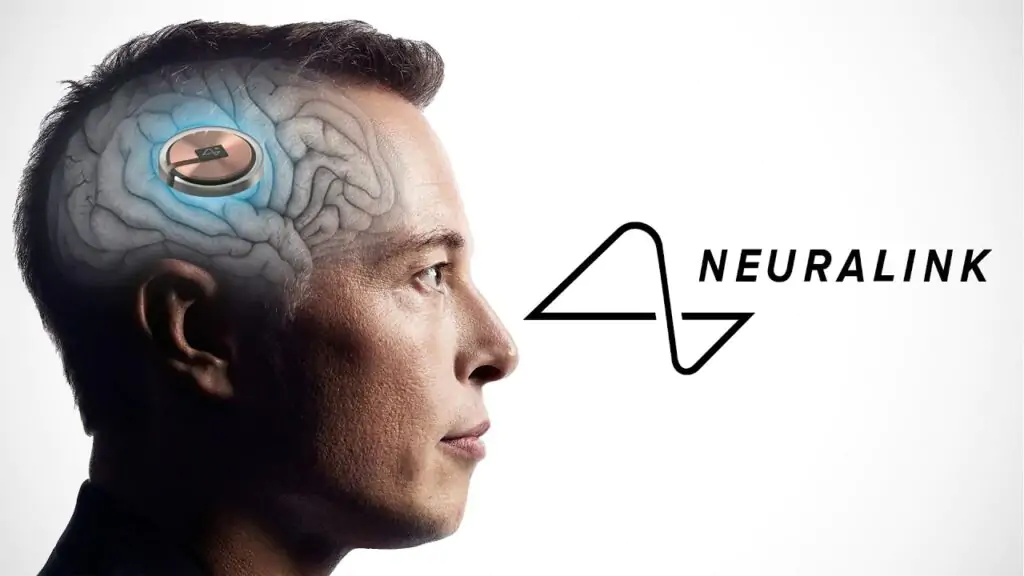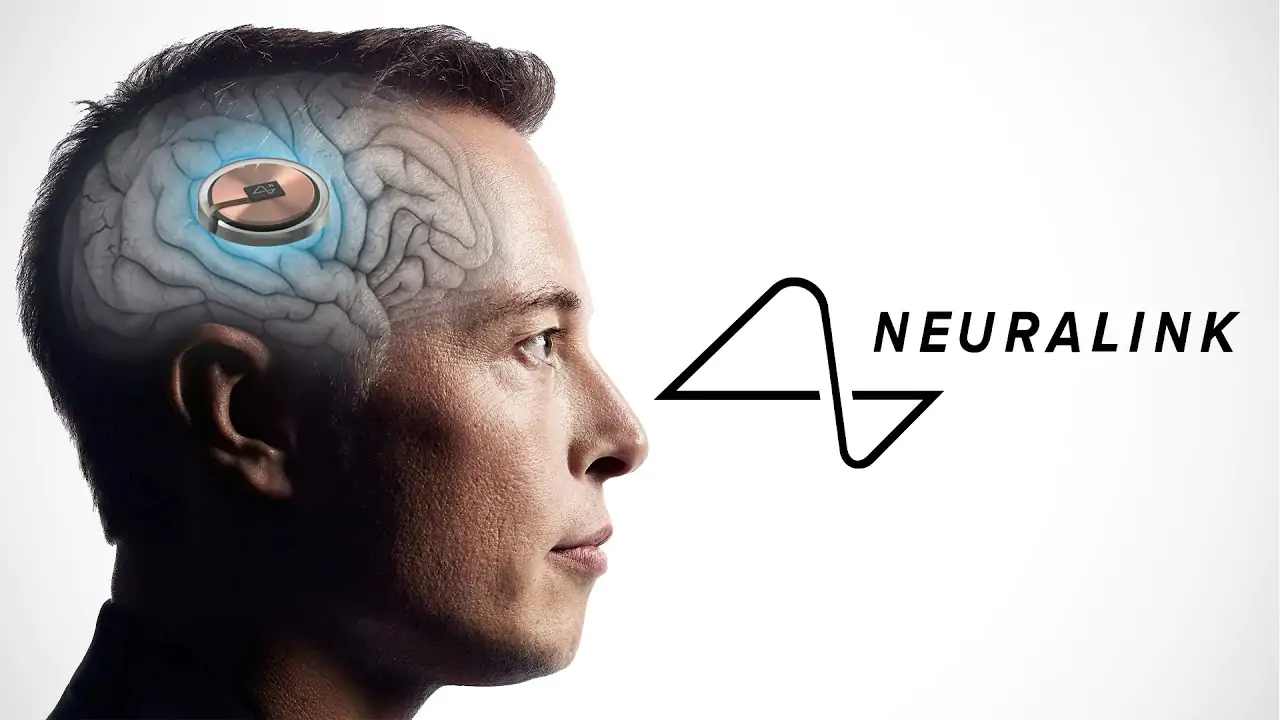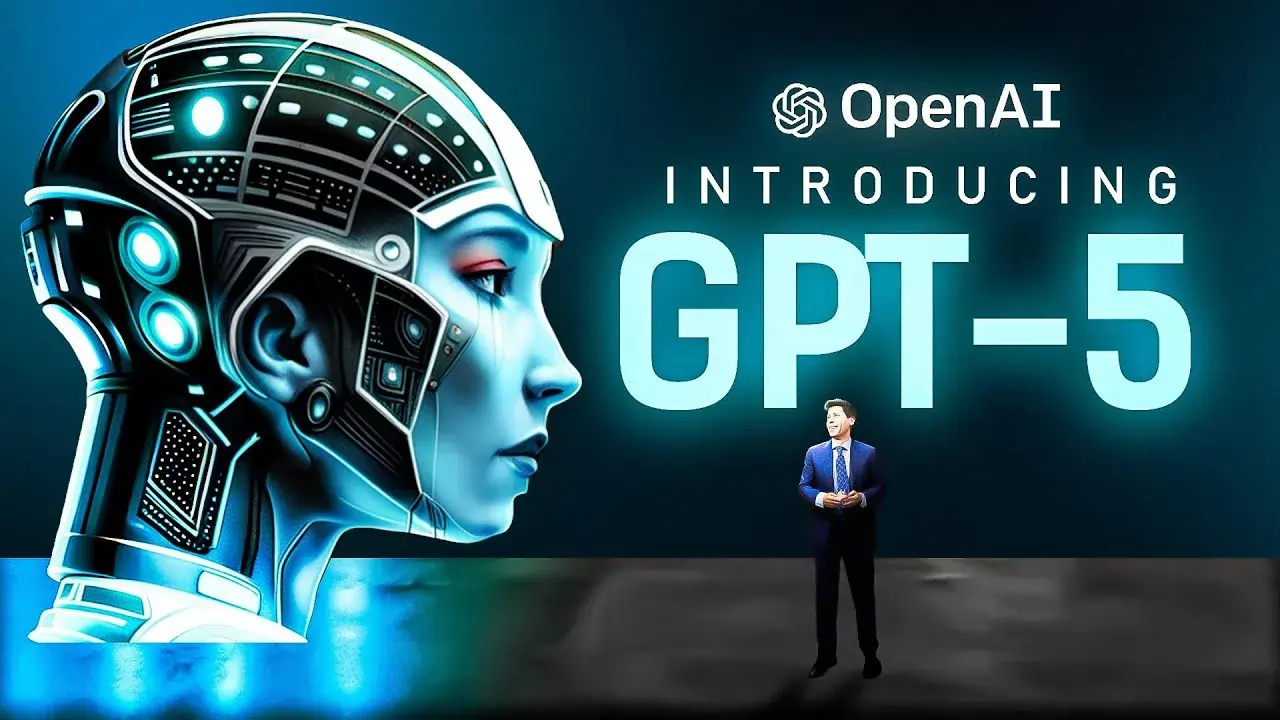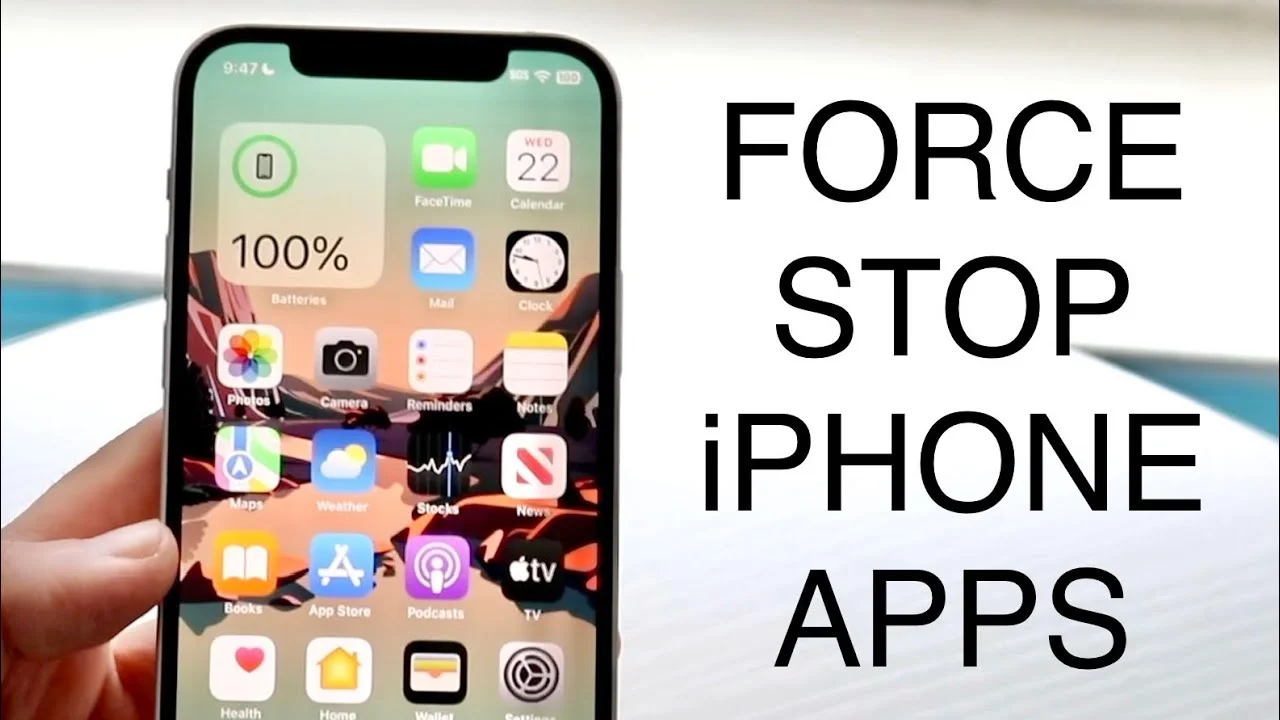Elon Musk has projected that his medical device business, Neuralink, will soon begin human trials of a ground-breaking brain implant to treat intractable illnesses including paralysis and blindness at least four times since 2019.

Elon Musk frequently stated that his brain-computer interface startup Neuralink would soon begin human clinical trials, however he failed to explain that US regulators rejected Neuralink’s application to start human testing of its brain chips.
“HE CAN’T APPRECIATE THAT THIS IS NOT A CAR. THIS IS A PERSON’S BRAIN. THIS IS NOT A TOY.”
According to staffers who spoke to Reuters, the application was rejected because authorities had dozens of problems that needed to be resolved first and had safety concerns about the company’s ambitions to implant lithium batteries in people.
“He can’t appreciate that this is not a car,” one source told the news agency. “This is a person’s brain. This is not a toy.”
Musk repeated his guarantee that human trials would begin within the next 12 months less than a year later.
In other words, the employees are skeptical that the business can resolve these problems in time to fulfill Musk’s excessively aggressive timelines.
What is Neuralink?
Neuralink is a kind of chip that can be inserted into your skull and connected to your brain so that your neural signals can be accessed by a connected computer or phone. It’s hoped this interface widget will open up a world of computer-brain interaction as well as help people with neurological issues communicate, see, and move again with the help of software. Developing such a thing will require testing on humans.
Neuralink FDA approved?
The U.S. Food and Drug Administration (FDA) has not yet given Neuralink permission to implant its technology in people, but Musk says he expects approval in the near future.
The FDA has been received the most of the company’s necessary paperwork for approval, the Musk said during a Wednesday “show and tell” session.
He added “We think probably in about six months we should be able to have our first Neuralink in a human,”
What Neuralink Will do?
The idea behind Neuralink is to use a surgical robot to place a device inside parts of the brain that control movement. The user would then be able to operate their keyboard and mouse with their thoughts once the device processes and transmits neural signals.
According to the website for Neuralink, the company wants to create a system that is “safe, totally implanted, and cosmetically invisible.”
Does Neuralink test with animals?
According to Neuralink’s website information, the company is working with monkeys and pigs.
The animal rights nonprofit organization Physicians Committee for Responsible Medicine filed a lawsuit against the University of California, Davis stated earlier this year for the brain experiments it conducted on 23 monkeys for Neuralink.
The company said it has developed new surgical protocols for future surgeries in response.
Neuralink said in the blog post “We are absolutely committed to working with animals in the most humane and ethical way possible,” further added “While the facilities and care at UC Davis did and continue to meet federally mandated standards, we absolutely wanted to improve upon these standards as we transitioned animals to our in-house facilities.”
Top 5 Neuralink competitors
- Neurosity – Neurocity offers the Neurosity Crown that helps boosts a user’s brain’s concentration by measuring brain waves and playing music that increases focus. The Crown comes with dashboards and the Neurosity app to track improvement. The company was founded in 2018 and is based in Brooklyn, New York.
- Paradromics – Paradromics develops brain-machine interfaces that will increase the data transmission rate between brains and computers. This will enable better treatment options for neurodegenerative diseases and advanced neuroprosthetic limbs for those suffering from amputation or spinal cord injuries. The company was founded in 2015 and is based in Austin, Texas.
-
.lumen – .lumen builds glasses that use robotics technology to help the visually impaired to navigate. The company aims to match and improve on the benefits of a guide dog.
- Nuro – Nuro aims to define new frontiers in Neurotechnology, striving to provide meaningful solutions for mankind. From simplifying daily activities to improving man-to-machine interactions, the company’s efforts focus on four key dimensions – consumer, medical, industrial, military.
- BrainUp – Naolu Technology (also known as BrainUp) focuses on the application of human brain cutting-edge technologies such as brain-computer interface, early screening of brain health, and artificial intelligence of brain-like decision computing. The firm specializes in-depth in EEG sleep-aid, brain fMRI image analysis and industry real-time brain diagnosis solutions.





One thought on “Neuralink: U.S. regulators rejected Elon Musk’s bid to test brain chips in humans”